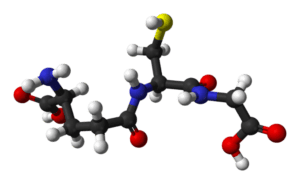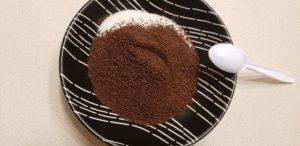
Skin-lightening products have been a subject of debate for decades, with opinions ranging from enthusiastic endorsements to staunch criticisms. The beauty industry is flooded with creams, serums, and lotions promising to lighten skin tone, reduce hyperpigmentation, and even out complexion. However, the effectiveness of these products is often shrouded in controversy, raising questions about their safety, and long-term impact. In this article, we will delve into the science behind skin lightening products, exploring their efficacy, potential risks, and the importance of informed decision-making.
Understanding Skin Lightening Products:
Skin lightening products primarily aim to reduce melanin, the pigment responsible for skin color. Melanin protects the skin from the harmful effects of UV radiation, but an overproduction can lead to hyperpigmentation, dark spots, and uneven skin tone. Key ingredients in these products include hydroquinone, kojic acid, arbutin, vitamin C, and alpha hydroxy acids, among others. These substances work by inhibiting melanin production, promoting exfoliation, and suppressing the activity of tyrosinase, an enzyme crucial for melanin synthesis.
Efficacy:
The efficacy of skin lightening products varies based on the active ingredients, formulation, and individual skin type. Hydroquinone, for instance, is a potent melanin inhibitor and is widely recognized for its effectiveness in reducing hyperpigmentation. However, concerns about its safety, including potential carcinogenic properties, have led to restrictions on its use in some countries.
Other ingredients like vitamin C and alpha hydroxy acids are praised for their antioxidant properties and ability to promote cell turnover, aiding in the reduction of dark spots and blemishes. It is essential to note that results may vary from person to person, and consistent and proper application of these products is crucial for success.
Risks and Side Effects:
While many skin lightening products are generally safe when used as directed, some individuals may experience adverse effects. Common side effects include skin irritation, redness, and dryness. Prolonged use of certain ingredients, such as hydroquinone or steroids, can lead to more severe complications, including skin thinning, ochronosis (a bluish-black discoloration), and rebound hyperpigmentation.
Introducing Natural Alternatives:
Amidst the ongoing discourse surrounding the efficacy and safety considerations of skin lightening products, it is essential to highlight alternatives that prioritize both safety and natural solutions. At ChezLilika.com, we are committed to providing skincare solutions that cater to diverse skin needs without compromising on health or ethical standards. All our products, available at chezlilika.com, are formulated without the use of hydroquinone, a controversial ingredient that has raised concerns about its safety and long-term effects.
Our dedication to harnessing the power of nature is reflected in the composition of our skincare range. We believe in the efficacy of natural ingredients that promote skin health and radiance. By excluding hydroquinone from our formulations, we prioritize the well-being of our customers and aim to contribute to a positive and inclusive beauty narrative.
At ChezLilika.com, we understand that each individual’s skin is unique, and our product line reflects this diversity. From vitamin-rich serums to botanical-infused creams, our offerings are designed to address hyperpigmentation and uneven skin tone while embracing the goodness of nature. We invite you to explore chezlilika.com and discover skincare products that align with your values, providing a holistic approach to beauty that goes beyond appearance.
In navigating the realm of skin lightening, it is crucial to make informed choices that align with your values and prioritize your well-being. Chez Lilika is here to support your skincare journey with products that are not only effective but also free from hydroquinone, ensuring a safer and more natural approach to achieving radiant and healthy skin.



